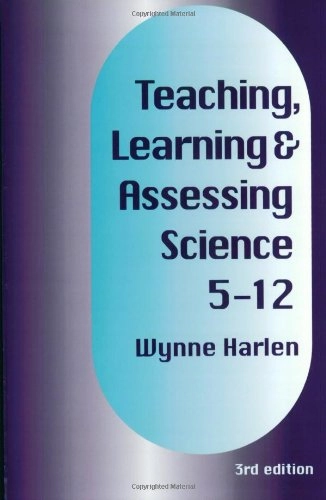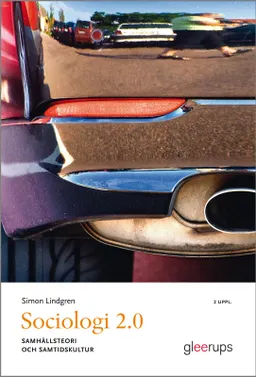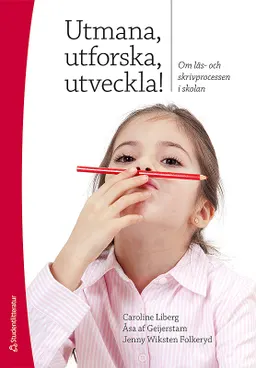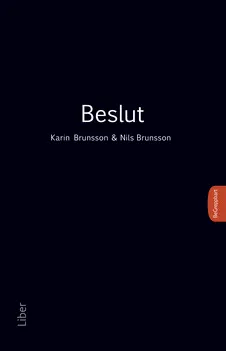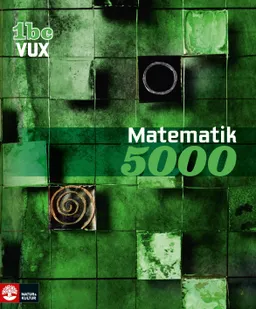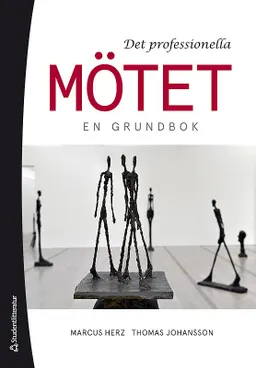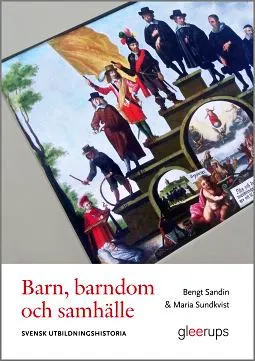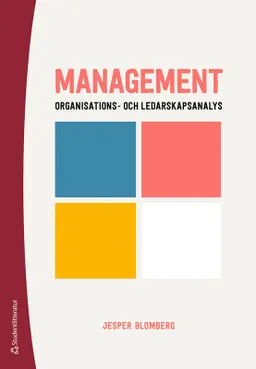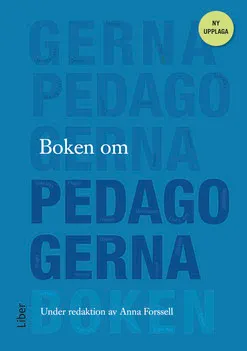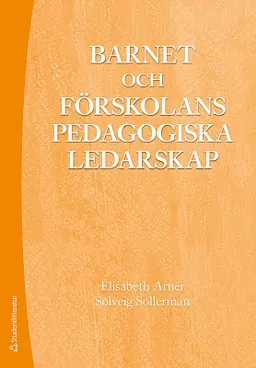`The book is a practical work emphasizing the nuts and bolts of how to plan and deliver the curriculum in the classroom, as well as assessing the learning outcomes. It also looks at the pros and cons of the different types of teaching resources. The book is good for curriculum planning for NQT's and experienced teachers alike' - Environmental Education `Wynne Harlen is an acknowledged authority in the United Kingdom on science education for children from five-12 years (often referred to as the primary school phase). This book is the product of a lifetime of dedicated work in this area. Its success is indicated by the fact that it is a further edition of a book already accepted by the teaching community as one that addresses some of their immediate and most basic concerns. For those who are familiar with the previous edition it may be helpful for readers to know that this latest one provides an update on thinking about the practice of primary school science, particularly in the light of the considerable developments that have taken place in the last 4 years.... Science educators, in particular, will find this makes a valuable contribution to their professional development, and environmental concerns are not neglected in the process' - Environmental Education Research
Teaching, Learning & Assessing Science 5-12 is a new and totally revised edition of Teaching and Learning Primary Science. The author provides a theoretical rationale for why science should be taught in particular ways, and ideas and examples of how to do it.
The opening chapters show how children learn, and discuss the nature of the goals of teaching science to children aged from five to 12 years. It is teachers' understanding of these things that determines the kind of learning experiences they provide for children. Evidence is given to support a constructivist view: a view of learning which recognizes that children already have ideas about the world around them, formed from their everyday experiences and everyday ways of thinking. The teacher's role is to help children to build their understanding and change their ideas towards the more scientific view. In science, this means through inquiry, which involves first-hand investigation of materials, the use of books and other resources and discussion. Several chapters describe and illustrate aspects of the teacher's role in bringing about this learning, including planning and providing learning resources.
Åtkomstkoder och digitalt tilläggsmaterial garanteras inte med begagnade böcker
